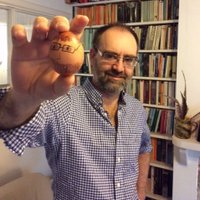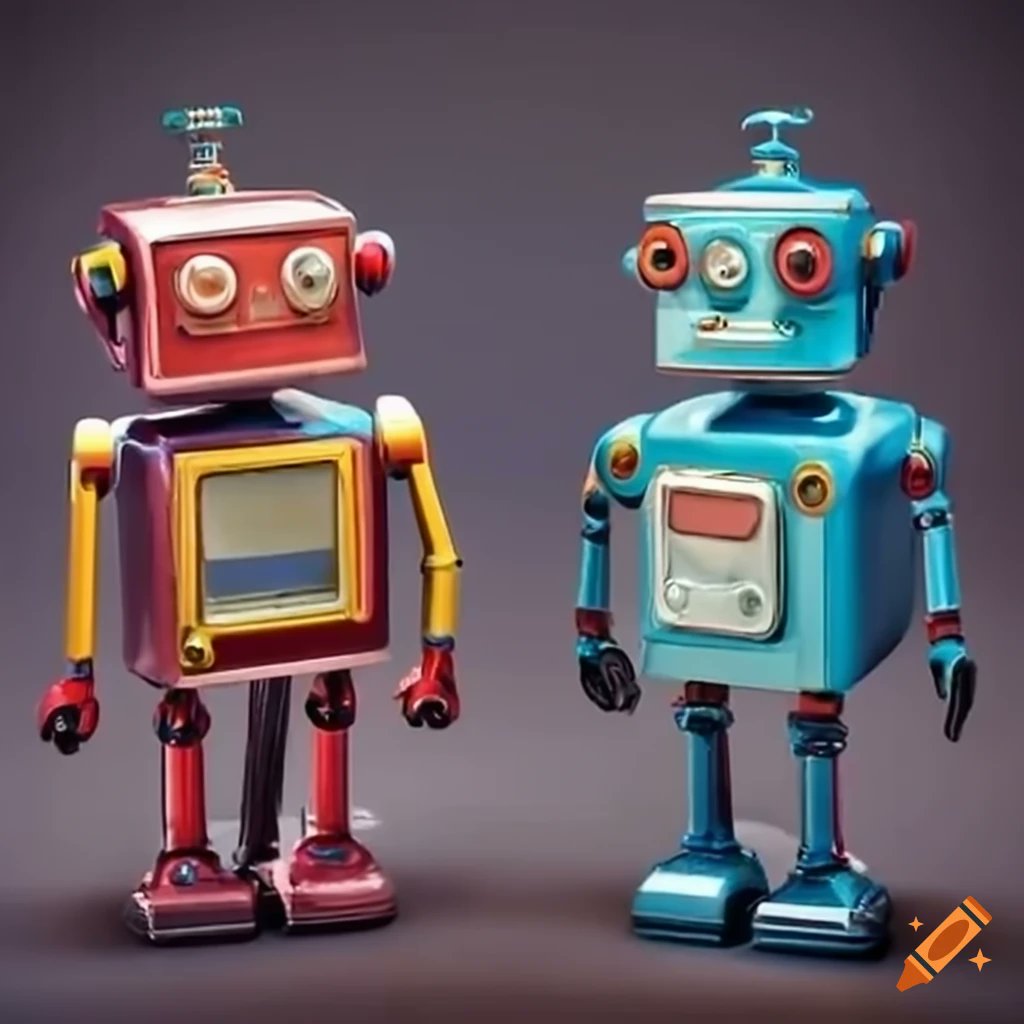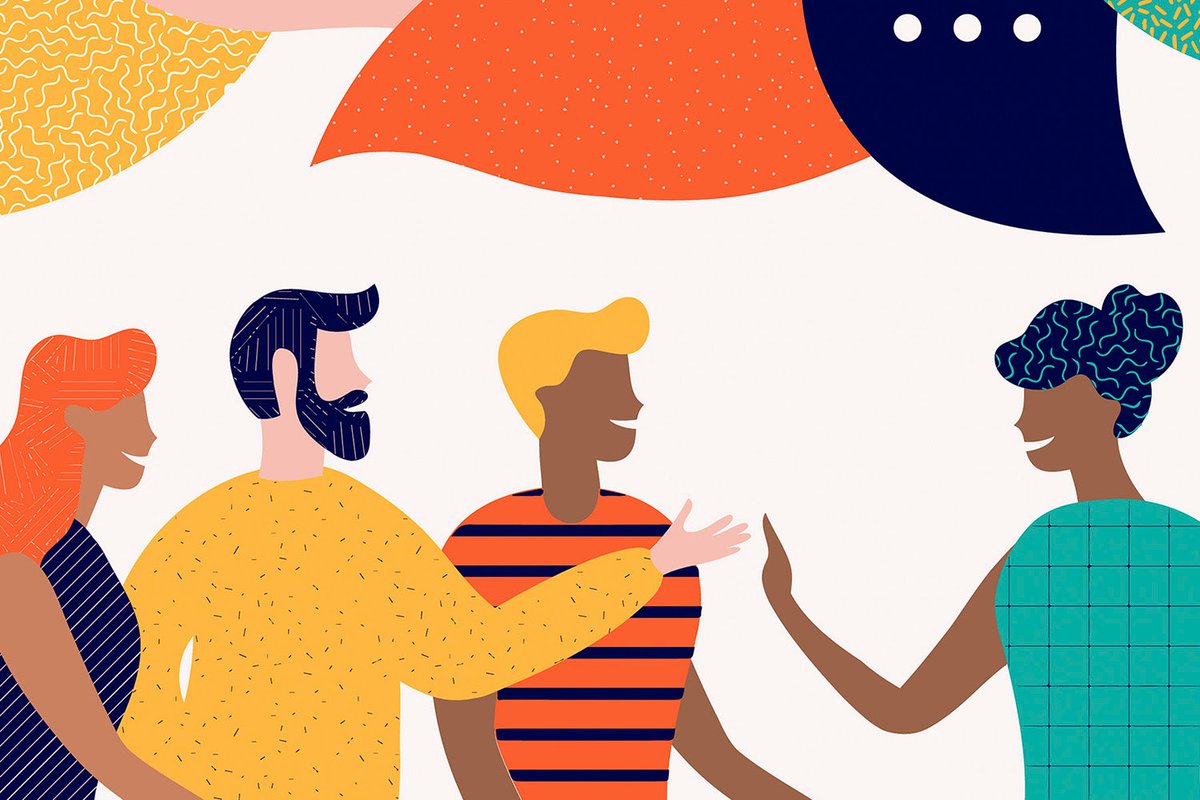
James Evans
@profjamesevans
Max Palevsky Professor of Sociology, Computational & Data Science @UChicago, Santa Fe Institute, & Google tweeting about science, technology, and AI in society.
ID: 1096376827164180482
https://sociology.uchicago.edu/directory/james-evans 15-02-2019 11:53:00
389 Tweet
3,3K Followers
350 Following


Veniamin Veselovsky This is great work, sounds like something cohere / Cohere Labs would work on Sara Hooker 👀 We made it easier for anyone to chat with your paper: anr.to/2504.10191





Why do scientists disagree? With the amazing Justin Sulik, Nakwon Rim, Elizabeth Pontikes, and Gary Lupyan, we show in Nature Human Behaviour how cognitive traits and dispositions align with persistent scientific divides, using article text, references, surveys, and the same cognitive






🧠✨ Thrilled to share our latest AI work led by the brilliant Haizi Yu and Lav Varshney! We've developed a white-box AI model that learns like humans do - from just ONE example, no pretraining needed. (rdcu.be/ev44p) Our "distortable canvas" mimics how babies might








